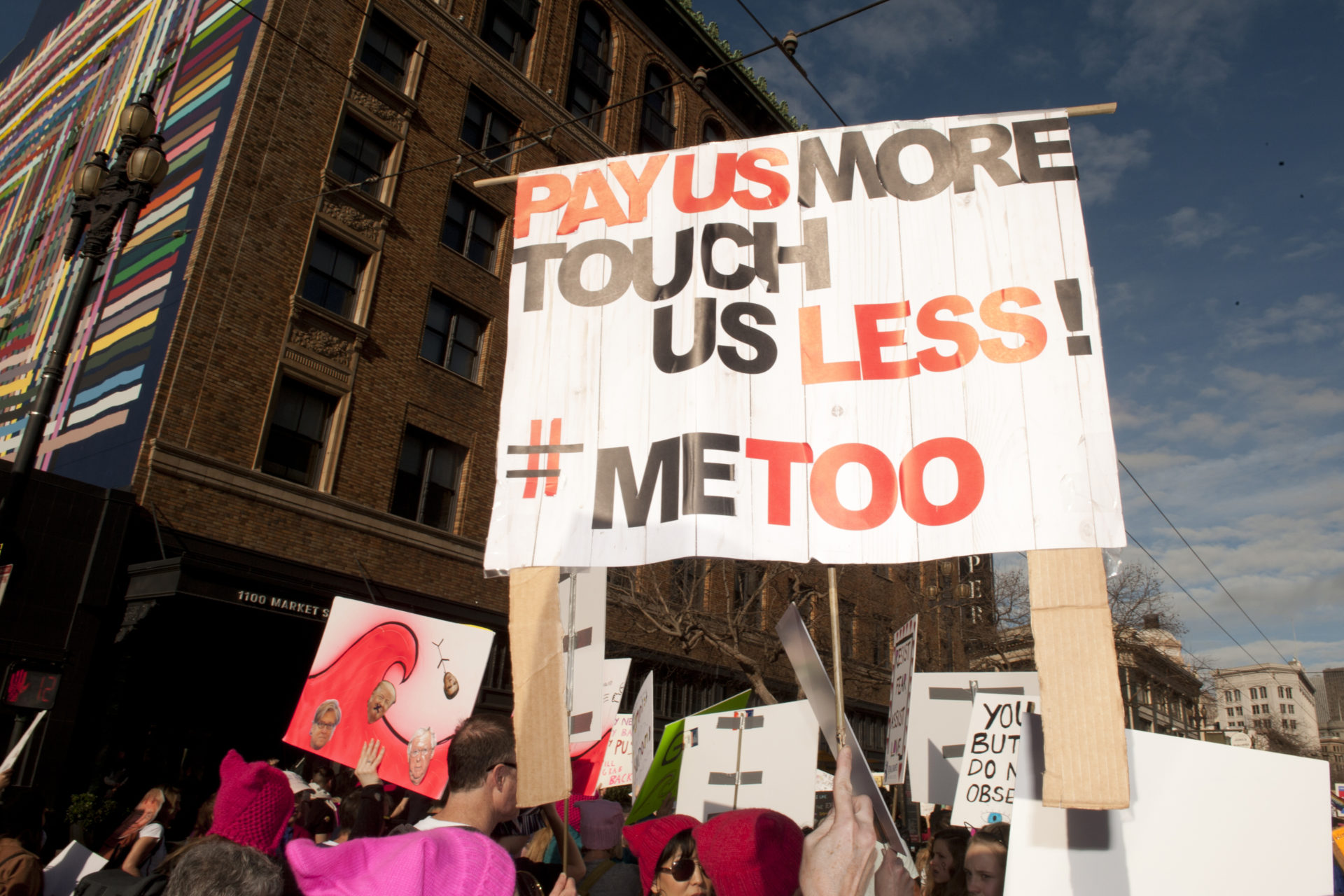Despite federal laws that prohibit pay discrimination, a significant gap between the earnings between men and women persists, and for women of color, it is much worse. Learn more about the gender and race pay gap here.
Current federal law does not go far enough to address pay discrimination within companies, the over-segregation of women into lower paid work, or wage theft and poverty wage rates in certain industries. At the current pace of change, it will take another 40 years for men and women to reach wage parity. Fortunately, some states have stronger fair pay protections to address these issues.
Join us to demand state and federal equal pay laws with the following key components:
Prohibit Inquiry Into and/or Reliance on Prior Salary in Setting Pay
- 16 states, 19 cities, and Puerto Rico have enacted such laws or executive orders.
- California, Washington, and Colorado have gone a step further by prohibiting employers from using prior salary as a defense to violations of the California Equal Pay Act.
Go Beyond Equal Pay For “Equal Work” To Allow For Fairer Comparisons Of Work.
- For example, California, New Jersey, New York and Colorado require equal pay for “substantially similar work” work, Oregon law applies to “work of comparable character” and Washington’s equal pay law allows comparisons of employees who are “similarly employed.”
Remove and/or Avoid “Same Establishment” Requirement Of The Federal Equal Pay Act (which limits employees to comparing their pay only to that of coworkers working in the same physical establishment).
- For example, California has removed this requirement.
Ban Pay Secrecy Rules And Promote Pay Transparency.
- 19 states and the District of Columbia have enacted laws that bar employers from prohibiting employee discussion of wages or from retaliating against employees who do so.
- California and Washington have gone further, by requiring employers to provide the pay range for a position in question upon request, and Colorado requires employers to include a compensation range in every job posting.
Expand Protections Beyond Sex
- Alabama, California, Colorado, New Jersey, New York, and Oregon have equal pay laws that go beyond sex-based pay disparities to extend protections to other characteristics covered under other anti-discrimination laws, such as race and ethnicity.
Require Only Legitimate, Job-Related Justifications for Pay Differentials
- States including California, Illinois, New Jersey, Oregon, and Washington and have narrowed the employer defenses under their equal pay laws to ensure that gender pay disparities are only permissible when justified by legitimate business needs unrelated to sex.
Increase Relief Available for Employees
- New Jersey’s equal pay law provides up to 6 years of back pay and treble damages; Illinois, New York, and Oregon provide for compensatory damages and, in some cases, punitive damages; Maryland, Nevada, and Wyoming law provides for civil penalties.
Stop the Exclusion of Certain Industries from Fair Pay Protections
- Some states have passed laws to address the fact that workers in certain industries have historically been excluded from basic employment protections under state and federal law. For example, under California and New York law domestic workers are entitled to overtime pay. California law also requires overtime pay for farmworkers.
Demand One Fair Wage and an End to a Sub-Minimum Wage
- Under federal law and in 43 states, tipped workers are paid a separate, lower minimum wage that starts at $2.13 an hour— a rate that hasn’t changed since 1991 and keeps tipped workers, the majority of whom are women, struggling to make ends meet and particularly vulnerable to sexual harassment. Alaska, California, Montana, Minnesota, Nevada, Oregon, and Washington have eliminated the sub-minimum wage.


